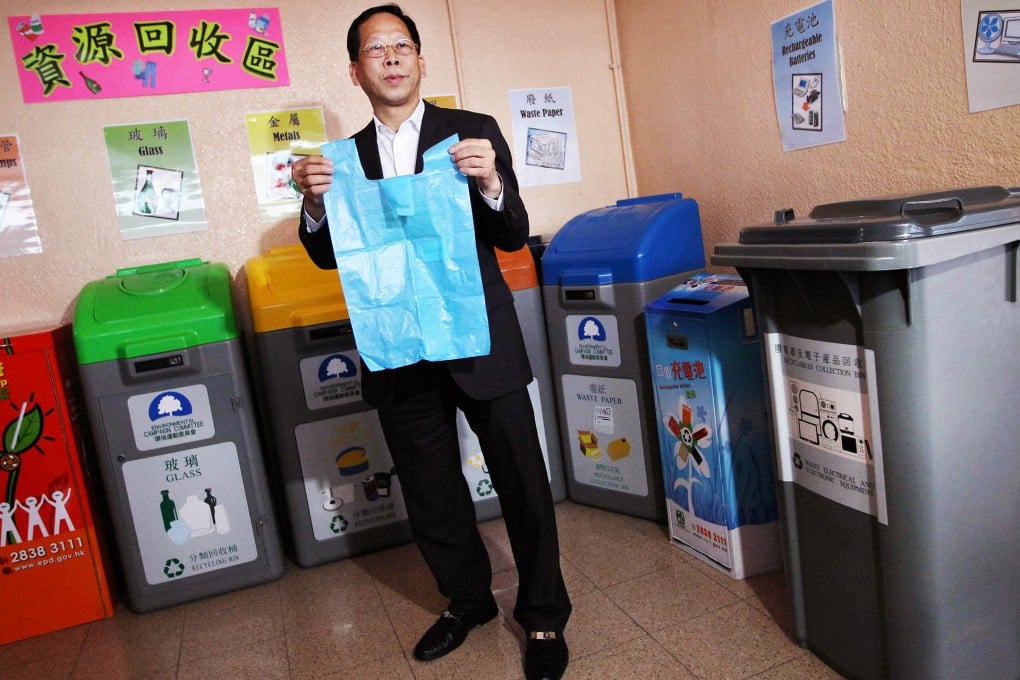10,000 households to take part in waste-charging pilot scheme
Up to 10,000 households to take part in waste-charging pilot scheme

Up to 10,000 households from seven estates will take part voluntarily in a six-month trial aimed at helping officials design a waste-charging scheme for introduction in 2016.
Environment Secretary Wong Kam-sing said yesterday that the pilot scheme would allow the Council for Sustainable Development to collect firm data and "test out the logistics" in charging for disposal of municipal solid waste.
However, he said, the exercise would not determine the ultimate method.
"The pilot scheme will allow us to accumulate practical experience for the various charging options and identify the difficulties and challenges for reference when we draw up the final way forward," Wong said yesterday.
Environment officials admitted there was no way of ensuring all households took part.
The seven participating estates - both public and private - are Amoy Gardens in Kowloon Bay; Chai Wan Estate in Eastern District; Chun Seen Mei Chuen in Kowloon City; Island Resort in Siu Sai Wan; Kwong Tin Estate and Tak Tin Estate in Lam Tin; and The Orchards in Quarry Bay.